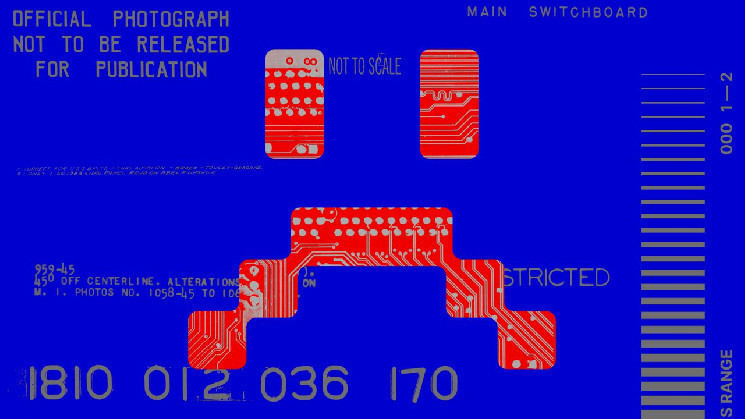A bill dubbed the ‘RESTRICT’ act that was submitted to Congress could have severe consequences for virtual private network (VPN) users in the United States.
U.S. lawmakers are widening their sights when it comes to cracking down on finance and technology.
The bipartisan “Restricting the Emergence of Security Threats that Risk Information and Communications Technology (RESTRICT)” act was unveiled in early March.
It was initially dubbed the “TikTok Ban Bill,” but has far wider ramifications. Furthermore, VPN users could face hefty fines or jail sentences under the bill.
Communications and VPN Tech Targeted
People often legitimately use VPN (virtual private network) services to add an extra layer of security for web communications. Furthermore, they allow users to mask or change their internet address. This is often required to access content that may otherwise be blocked or censored.
The bill, if passed, would attempt to identify “information and communications technology products and services holdings that pose undue or unacceptable risks.”
This could include VPNs if they are used to access banned websites such as TikTok.
The bill specifically directs the Secretary of Commerce to “identify, deter, disrupt, prevent, prohibit, investigate, or otherwise mitigate” national security risks associated with technology linked to countries adversarial to the U.S.
The bill also has a long list of communications technologies it intends to scrutinize. These include web hosting, cloud services, content delivery services, drones, payment applications, gaming applications, artificial intelligence, and e-commerce.
The scary part is the potential punishment for violators. This includes fines of up to a million dollars or 20 years in jail, or both.
Moving Forward With TikTok Ban
According to reports on March 27, lawmakers are moving forward with the bill. This follows the grilling of TikTok CEO Shou Zi Chew last week. The Chinese social media platform has an estimated 150 million users in the United States.
House of Representatives speaker Kevin McCarthy said that the House would be moving forward with the bill.
If passed, the new legislation will grant the U.S. government sweeping powers to crack down on any technologies and services it sees as a threat. Remarkably, that includes VPN technology.
Those opposing the bill say it will give the state the power to police the entire internet and any platforms on it. Furthermore, some referred to it as the “Chinafication of America.”
The legislation is frighteningly similar to that in China, which has some of the world’s harshest internet censorship.
 beincrypto.com
beincrypto.com
